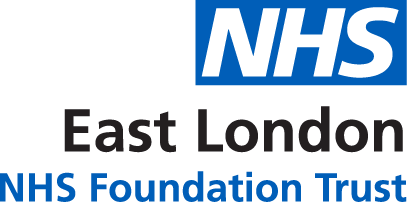QI at 10: Interview with Dr Sam Vaughan

What is the biggest improvement to care or services you have seen through QI?
I think that there have been many that I could name but two which spring to mind are the Violence Reduction Collaboration projects and a project that reduced waiting times for neuropsychological assessments in Memory Assessment Services. A QI Project led to our QI Forums being attended both by staff and people with lived experience and to chairing shared between us all - and we now have the benefit of all of that diverse experience and wisdom. Here in Senior Psychology in Beds and Luton, we improved our working lives through the Joy At Work QI Project – and we still use many of the change ideas regularly (“positive gossip” being one of them!). I could name many more
How would you describe QI to new colleagues?
It is a structured, creative, energetic and collaborative approach to improving services. It brings together diverse groups of people who are united by their wish to make an improvement to something that has been identified as a problem, and supports the implementation and testing out of various change ideas to see whether they result in that improvement. If they do, there is a process that also allows for wider sharing and spreading of the learning – and sustaining it!
What new skills have you learnt through QI?
Being project lead in a project that focussed on improving flow through services taught me a great deal about the theories about flow through systems, and management of waiting times in a system in which demand outstrips resource (and where capacity in that resource is so variable) – and I still use that learning daily many years on! The Coach Training cemented my learning about the PDSA cycles and improved my knowledge of data/charts, and I also learned ways of supporting project teams to harness and maintain passion and engagement in the process – and to trust the process! There are a lot of fun creative tasks and exercises that you get to suggest and be part of when you are involved in QI.
How has QI helped shape your views on care and co-production?
I think it has been very influential in shaping my views. It was aligned with my beliefs about the value of co-production but 10 years ago we were in our infancy in thinking about how to achieve this well in practice. QI has helped as it has co-production as front and centre of its ethos, and recognises the importance and value of diverse views of all (including clinical staff, service users, carers and non-clinical staff) when understanding and improving care.
What is the response of colleagues involved in their first QI project?
I have noticed there is a pattern of people initially wondering how they will fit in the time commitment, but finding that the Improvement Leaders’ Training (ILP or Pocket QI training creates a curiosity and enthusiasm. I have spoken to a lot of people who really like the development of driver diagrams and the identification of change ideas using the “post-it note” exercises for example – and the excitement of getting the first change idea underway. Quite a lot of people have come to love data too!
What three words would you use to describe QI?
Rewarding, fun, systematic.
